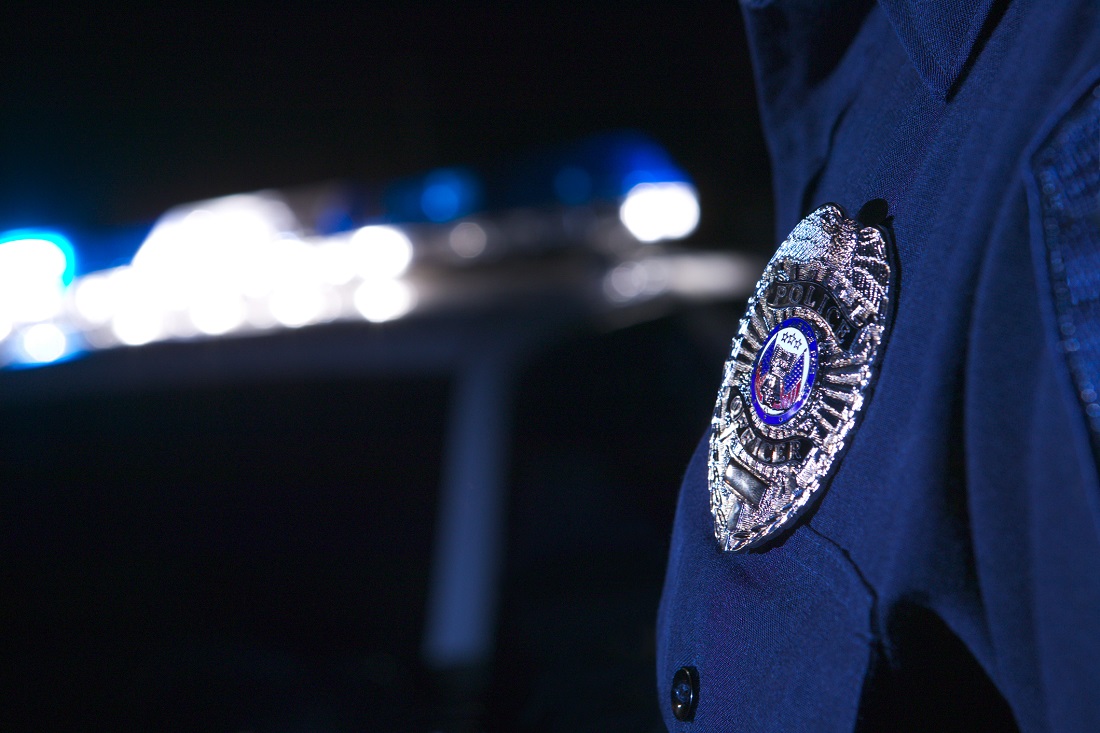First Amendment Protects Right to Livestream Traffic Stops, Fourth Circuit Says
The U.S. Fourth Circuit Court of Appeals and seven other federal circuits protect the right to record police. But in a recent decision, the Fourth Circuit takes that protection further, finding that livestreaming is also a protected activity under the First Amendment.
“Recording police encounters creates information that contributes to discussion about governmental affairs,” the court wrote. “So too does livestreaming disseminate that information, often creating its own record.”
Officers Say Livestreaming Threatens Their Safety
In October 2018, Dijon Sharpe was riding in a friend’s car when they were pulled over by Winterville, North Carolina, police for allegedly running a stop sign. Sharpe pulled out his phone and began livestreaming the traffic stop via Facebook Live.
When one officer realized what Sharpe was doing, he reached through the passenger side window and attempted to take Sharpe’s phone. He told Sharpe that he was within his rights to record, but livestreaming was “an officer safety issue.” If he didn’t stop, the officer said, he would either have his phone seized or end up in jail.
Sharpe sued, alleging that Winterville had a policy against the live broadcasting of police officers, which violated the First Amendment.
The federal district court held that livestreaming “poses a ‘unique’ threat to officer safety that mere recording does not” and, therefore, may lie outside First Amendment protection. But the court of appeals disagreed, finding that Sharpe had plausibly alleged that the policy prohibiting livestreaming existed.
“If that policy exists,” the court wrote, “it reaches protected speech.”
More to Come
Since Sharpe’s case is still in the pleading stage, the Fourth Circuit punted on the issue of whether a law prohibiting livestreaming is a content-based or content-neutral restriction. So it’s still unclear whether courts in the Fourth Circuit should use strict scrutiny in these cases. Instead, the court held that Winterville must prove the alleged policy is “tailored to weighty enough interests.”
In briefs to the court, Sharpe’s counsel called the officer’s safety justification a “fanciful chain of hypotheticals.” Although the panel didn’t go quite that far, the Fourth Circuit’s opinion seems to view this argument as a bit weak — at least at this stage.
“[E]ven though the town has a strong interest in protecting its officers, defendants have not done enough to show that this policy furthers or is tailored to that interest. Nor is that gap filled here by common sense or case law.”
Unfortunately for Sharpe, the Fourth Circuit also held that the law was unsettled at the time of his traffic stop, so qualified immunity protects the individual officers involved from liability. But he still has a chance on remand to prove his claim that the town had an unconstitutional policy against livestreaming police encounters.
Related Resources:
You Don’t Have To Solve This on Your Own – Get a Lawyer’s Help
Meeting with a lawyer can help you understand your options and how to best protect your rights. Visit our attorney directory to find a lawyer near you who can help.






